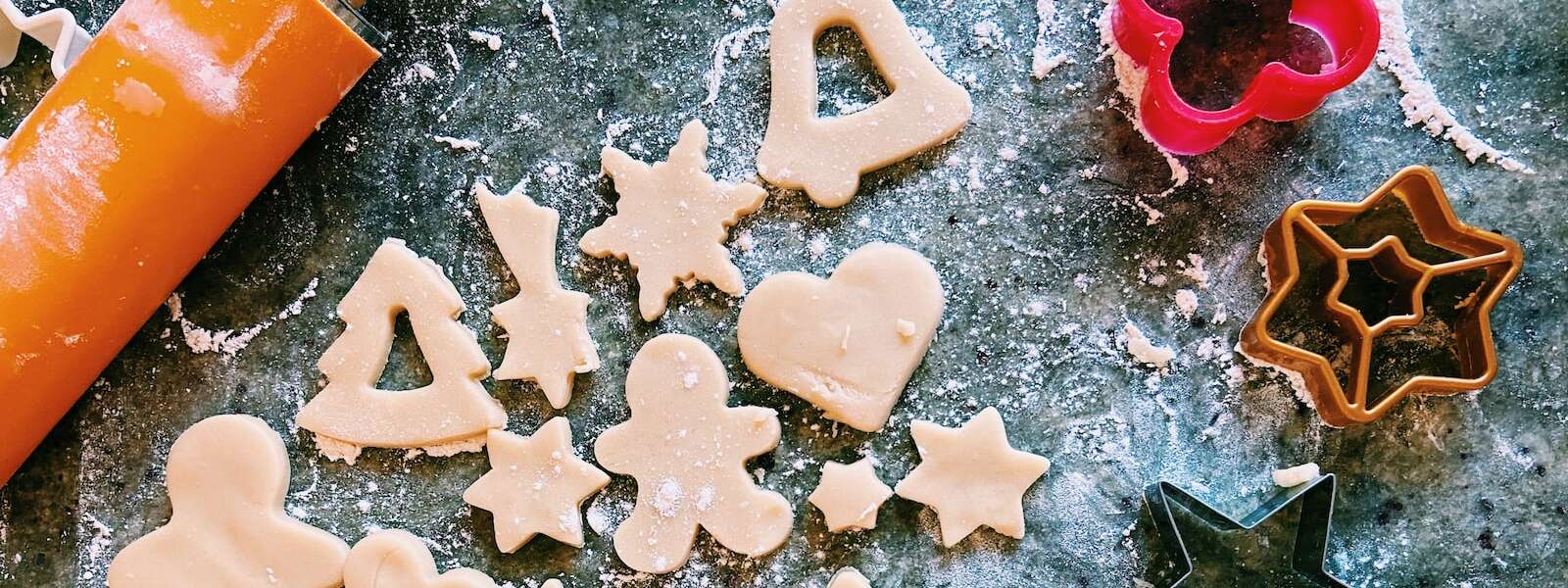
Turkey, stuffing, eggnog and cookies are all holiday classics, but food safety practices are important with all of them to prevent food-borne illness, says a University of Guelph food scientist.
Dr. Keith Warriner is a professor in the Department of Food Science at the Ontario Agricultural College who studies food-borne illness prevention. He develops food decontamination methods and provides advice on safe food handling.
Below are his tips for avoiding food-borne illness from some classic holiday foods.
Love it or hate it, prepare eggnog properly
Ready-made eggnog is available in many stores throughout the holidays, but the food safety risks are for those who go with the homemade variety, which should be made with pasteurized eggs.
“There is a risk of Salmonella being carried over with the eggs, and studies show the pathogen can survive days in eggnog containing 20-per-cent alcohol,” explains Warriner.
Beware raw cookie dough
Licking raw cookie dough from the bowl or the beaters has become somewhat of a tradition when making cookies but can lead to illness.
“The food safety concerns are again from Salmonella that may reside in eggs, but also from the E. coli in the flour,” says Warriner.
Since store-bought cookie dough is prepared with pasteurized flour and eggs, it is typically safe. But for making cookies at home, Warriner advises heating the flour in the oven or microwave to eliminate any risks.
“Flour needs to reach 74 degrees C (165.4 Fahrenheit) to be safe,” he explains. “Baking will kill any pathogens present in the final cookies but the temptation to lick the spoon and bowl can be too much for many.”
The classic turkey
Raw turkey can become contaminated with various microbes and can cause mild to severe gastrointestinal illnesses, says Warriner.
Buying a fresh or frozen turkey is safe when proper steps are followed. Purchase a fresh turkey no more than three days before the meal, and store it at the bottom of the fridge, says Warriner. A frozen turkey should be stored in the freezer until it’s time to thaw it in the sink.
Cook stuffing on the stove or in the oven. When cooked inside the turkey, stuffing acts as an insulator and prevents hot air from cooking the turkey, explains Warriner.
Warriner recommends sticking a meat thermometer into the coldest part (i.e., the middle of the thigh) of the turkey to prevent overcooking and to ensure it reaches a temperature of 73 C (163.4 Fahrenheit) to be fully cooked (15 minutes of cooking per pound). Refrigerate leftovers as soon as dinner is over and use them within five days.
Warriner provided tips for preparing and cooking ahead of Thanksgiving. He is available for interviews.
Contact:
Dr. Keith Warriner
kwarrine@uoguelph.ca
